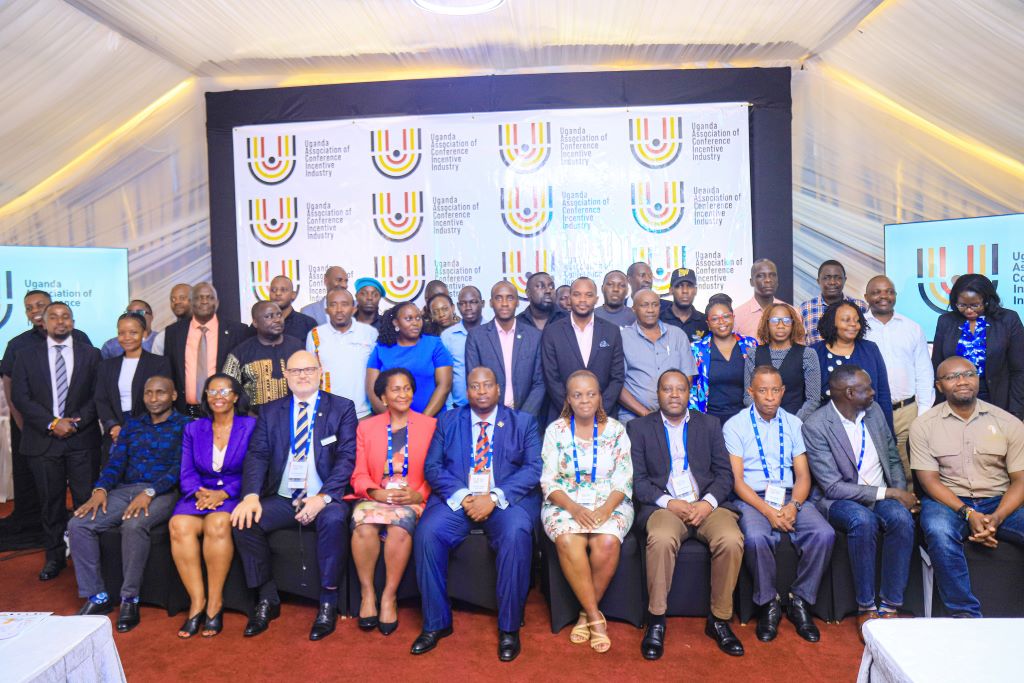
KAMPALA – Players in the Meetings, Incentive Travel, Conferences, and Events (MICE) sector have rallied Ugandan authorities to fully back their new arrangement that is intended to grow the sector.
This, they say will attract more tourists to Uganda and help boost the country’s foreign earnings, among other critical benefits.
The Chairman Uganda Association of Incentive Industry Peter Kaggwa told reporters early this week that Uganda now can host both international conferences which boost the economy.
Kaggwa says with the hosting of events like the recent Non-Aligned Movement and G77 Summit, the country can hold more high-level and world-class events.
This was during the Uganda Association of Conference Incentive Industry (MICE) Annual General Meeting at the Sheraton Hotel Kampala.
“For the MICE industry to grow in Uganda, the government is going to go a whole step in advertising and attracting these conferences, but as the private sector, [we] have got to prepare ourselves with the right training, the right qualification and certification, the right equipment, and the right mindset to be able to give world-class events to support government’s efforts in attracting them,” said Kaggwa.
Whereas Uganda has previously been able to attract several events, Kaggwa says the sizes have been smaller.
“So when you get a group of people that would like to bring, say 1000 or 2000 people, it was hard to have them meeting in one place. Fortunately, the government has invested in the Munyonyo Convention Center through a PPP arrangement, we can now host up to 4000 people in the convention Convention Center, and that gives us a very big offering,” he added.
Mr. Peter Mwanja, the treasurer Uganda Association of Incentive Industry said the association plans to train other sector players including PSFU to understand the MICE arrangement.
“I think that that’s the future,” he said.
“I think that’s the way and we’re going to encourage them of course, so that we make sure that it’s sustainable in terms of income, revenue, jobs, and investment It’s huge. If we took mice a little bit more seriously you might start to get at least a billion dollars annually from the $670 billion that come through,” Mr. Mwanja said.





